Home>Articles>How Much Does It Cost To Install A Washing Machine Plumbing?
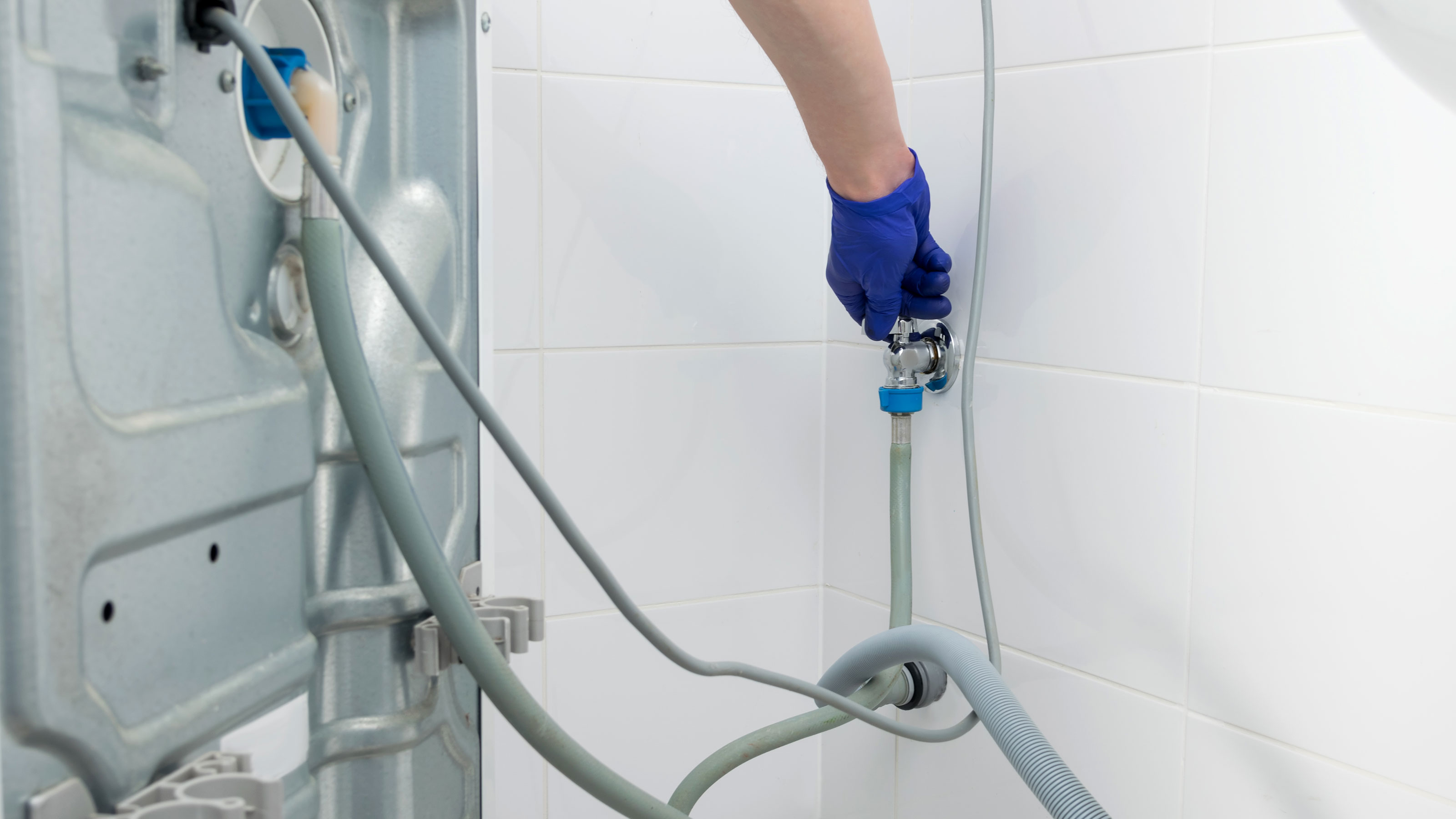

Articles
How Much Does It Cost To Install A Washing Machine Plumbing?
Modified: October 20, 2024
Find out the average cost of installing plumbing for a washing machine in this informative article. Learn about the factors that affect the overall expenses and make an informed decision for your home.
(Many of the links in this article redirect to a specific reviewed product. Your purchase of these products through affiliate links helps to generate commission for Storables.com, at no extra cost. Learn more)
Introduction
Installing plumbing for a washing machine is an essential task that ensures a reliable water supply and drainage system for your laundry needs. Whether you are replacing an old unit or installing a new one, understanding the cost involved is crucial in planning your budget. The cost of installing plumbing for a washing machine can vary depending on several factors, including the complexity of the installation, the materials used, and whether you choose to hire a professional or tackle the project yourself.
In this article, we will explore the various factors that can affect the cost of installing plumbing for a washing machine, as well as provide an overview of the typical expenses you can expect. Additionally, we will discuss the pros and cons of DIY installation versus hiring a professional, so you can make an informed decision based on your specific circumstances.
Before we delve into the specifics, it’s important to note that while installing plumbing for a washing machine may seem like a simple task, it involves knowledge of plumbing systems and an understanding of local building regulations. If you are not confident in your abilities or lack the necessary experience, it is highly recommended to seek the help of a professional plumber.
Now, let’s take a closer look at the factors that can impact the cost of installing plumbing for a washing machine.
Key Takeaways:
- Installing plumbing for a washing machine costs between $200 and $500 on average, considering factors like accessibility, location, plumbing system complexity, meter size, and permit requirements. It’s crucial to weigh the benefits of DIY installation versus hiring a professional plumber.
- While DIY installation may save on labor costs, hiring a professional plumber ensures correct and code-compliant installation, preventing future issues and costly repairs. Consider expertise, time, and budget when making the decision.
Read more: How Much Does A Power Washer Cost
Factors Affecting the Cost
Several factors can influence the cost of installing plumbing for a washing machine. It’s essential to consider these factors as they can significantly impact your overall expenses. Here are a few key factors to keep in mind:
- Accessibility: The accessibility of the installation area can affect costs. If the plumbing connections are readily accessible and require minimal modifications, the installation process will be relatively straightforward and affordable. However, if the installation site is difficult to access or requires extensive alterations to the existing plumbing system, the cost may increase due to the additional time and effort required.
- Location: The location of the washing machine plays a role in determining the cost. If the unit is being installed on the ground floor where the plumbing lines are easily accessible, the installation cost may be lower. On the other hand, if you’re installing the washing machine in a basement or on an upper floor, additional plumbing work may be needed to connect it to the main water supply and drainage system, potentially increasing the overall cost.
- Plumbing System Complexity: The complexity of your plumbing system can impact the cost. If your home has an existing plumbing setup with easily accessible water supply and drainage lines, the installation process may be relatively simple and cost-effective. However, if modifications or upgrades are needed to accommodate the washing machine, such as installing new pipes or rerouting existing ones, the cost may be higher due to the additional labor and materials required.
- Meter Size: The size of your water meter can also influence the cost of installing plumbing for a washing machine. If your current water meter has sufficient capacity to handle the additional demand, there may be no need for upgrades. However, if your existing water meter is too small and cannot accommodate the increased water usage, you may need to upgrade to a larger meter, which can add to the total cost.
- Permit Requirements: Depending on your local building codes and regulations, you may need to obtain a permit before installing plumbing for a washing machine. These permits often come with associated fees, which should be factored into your budget. Be sure to check with your local authorities to determine if any permits are required and the associated costs.
Keep in mind that each installation is unique, and the cost can vary based on your specific circumstances. It is advisable to consult with a professional plumber to assess your plumbing needs and provide you with an accurate cost estimate.
Cost of Materials
When it comes to installing plumbing for a washing machine, there are several materials that you will need to consider. These materials can contribute to the overall cost of the installation. Here are some essential materials and their approximate costs:
- Water Supply Hoses: Water supply hoses are necessary to connect the washing machine to the hot and cold water supply. The cost of these hoses can range from $10 to $30, depending on their quality and length.
- Drain Hose: A drain hose is used to carry wastewater from the washing machine to the drainpipe. It is important to ensure that the drain hose is properly secured and has the correct length to reach the drainpipe. The cost of a drain hose typically ranges from $10 to $20.
- Pipes and Fittings: Depending on your existing plumbing system and the requirements of the installation, you may need to purchase additional pipes and fittings. The cost of these items can vary depending on the material (such as PVC or copper) and the size needed. On average, you can expect to spend anywhere from $20 to $100 or more on pipes and fittings.
- Valves: Valves are essential for controlling and shutting off the water supply to the washing machine. The cost of valves can range from $5 to $20, depending on the type and quality.
- Sealant and Tape: To ensure leak-free connections, it is important to use sealant and tape on threaded fittings. The cost of sealant and tape is relatively low, typically ranging from $5 to $10.
- Other Miscellaneous Materials: Depending on the specific requirements of your installation, you may need additional materials such as clamps, brackets, or connectors. The cost of these miscellaneous materials can vary widely based on your needs.
It’s worth noting that these cost estimates are approximate and can vary depending on factors such as the quality of the materials and your location. Additionally, if you choose to hire a professional plumber, they may include the cost of materials in their overall service fee.
It is essential to purchase high-quality materials to ensure the longevity and functionality of your washing machine plumbing. While it may be tempting to opt for cheaper options, investing in durable and reliable materials will save you money in the long run by preventing leaks and other plumbing issues.
Cost of Labor
The cost of labor is an important factor to consider when budgeting for the installation of plumbing for a washing machine. The complexity of the installation and the expertise required can impact the labor costs. Here are a few factors that can influence the cost of hiring a professional plumber:
- Hourly Rates: Plumbers typically charge an hourly rate for their services. The hourly rate can vary based on factors such as the plumber’s experience, location, and the complexity of the job. On average, you can expect to pay anywhere from $50 to $150 per hour for plumbing services. It’s important to note that some plumbers may have a minimum charge, which means you will be billed for a set duration even if the job is completed quickly.
- Estimates and Quotes: Before hiring a plumber, it is advisable to obtain multiple estimates or quotes for the job. This will help you compare prices and ensure that you are getting a fair deal. Keep in mind that the lowest quote may not always be the best option. It’s crucial to consider the plumber’s experience, reputation, and the quality of their work.
- Additional Services: Depending on the specifics of your installation, additional services may be required. For example, if there are existing plumbing issues that need to be addressed, such as fixing leaks or repairing pipes, the plumber may charge extra for these services. It’s important to communicate all your requirements to the plumber so they can provide an accurate estimate.
- Travel and Service Call Fees: Some plumbers may charge a travel or service call fee to cover the cost of traveling to your location. This fee can vary depending on the distance and the plumber’s policies. It’s advisable to inquire about these fees upfront to avoid any surprises.
- Permit Costs: If a permit is required for the installation, the plumber may include the cost of obtaining the permit in their service fee. It’s important to clarify with the plumber whether this cost is included or if it will be an additional expense.
It’s important to remember that hiring a professional plumber ensures that the installation is done correctly and meets the necessary building codes and regulations. While it may be tempting to attempt a DIY installation to save money, improper installation can lead to costly repairs and potential damage to your property.
By hiring a professional, you not only save time and effort but also gain the peace of mind that comes with knowing the job was done by an experienced and qualified individual.
Remember to obtain detailed cost estimates from plumbers in your area to get a clear understanding of the labor costs associated with your specific installation.
When installing plumbing for a washing machine, consider the cost of materials such as pipes, fittings, and valves, as well as the cost of labor if hiring a professional plumber. Additionally, factor in any potential additional costs for modifications to existing plumbing systems.
Average Cost of Installing Plumbing for a Washing Machine
The average cost of installing plumbing for a washing machine can vary depending on several factors, including the complexity of the installation, materials used, and regional pricing differences. While it is difficult to provide an exact figure, we can provide a general range to give you an idea of the potential cost.
On average, homeowners can expect to spend between $200 and $500 for the installation of plumbing for a washing machine. This estimate includes the cost of materials and labor. Keep in mind that this range is for a basic installation and may not account for any additional expenses or complications that may arise during the process.
If you choose to hire a professional plumber, their service fee will typically be included in the overall cost. The fee charged by plumbers can vary, so it’s essential to obtain multiple quotes or estimates to compare prices and ensure you are getting a fair deal.
It’s worth noting that the cost of materials can also vary depending on their quality and your location. Opting for higher-quality materials may result in a slightly higher upfront cost but can save you money in the long run by reducing the risk of leaks and the need for future repairs or replacements.
Additionally, if your installation requires any modifications or upgrades to the existing plumbing system, such as rerouting pipes or installing new connections, the cost may increase. These factors should be taken into consideration when estimating the overall cost.
While the average cost can provide a guideline, it’s important to remember that every installation is unique. It is highly recommended to consult with a professional plumber to assess your specific needs and provide you with an accurate cost estimate tailored to your situation.
Keep in mind that while cost is an important factor, the quality of the installation should not be compromised. Hiring a professional ensures that the job is done correctly, minimizing the risk of future issues and ensuring the longevity of your washing machine plumbing.
Now that you have an idea of the average cost, let’s explore some additional costs to consider when installing plumbing for a washing machine.
Read more: How Much Does It Cost To Fix A Washer
Additional Costs to Consider
When budgeting for the installation of plumbing for a washing machine, it’s important to consider additional costs that may arise during the process. These costs can vary depending on the specifics of your installation and any unforeseen circumstances. Here are some additional expenses to keep in mind:
- Plumbing Repairs: If your existing plumbing system is outdated or damaged, it may require repairs or upgrades before the washing machine can be installed. The cost of these repairs can vary depending on the extent of the damage and the materials needed.
- Additional Plumbing Fixtures: In some cases, you may require additional plumbing fixtures such as a utility sink or a drain pan to accompany the installation of the washing machine. The cost of these fixtures will depend on their quality and the specific requirements of your setup.
- Water Pressure Regulator: If the water pressure in your home is too high, it may be necessary to install a water pressure regulator to protect your washing machine from potential damage. The cost of a water pressure regulator can range from $20 to $100 or more.
- Warranty: Some plumbers or installation services may offer extended warranties or guarantees for their work. These warranties can provide peace of mind and protection against any potential issues that may arise after the installation is complete. However, they may come at an additional cost, so be sure to inquire about warranty options during the selection process.
- Maintenance and Repairs: While not directly associated with the installation, it’s important to consider the long-term maintenance and potential repairs of your washing machine plumbing. This includes preventive maintenance, periodic inspections, and addressing any issues promptly to avoid costly repairs down the line.
- DIY Costs: If you choose to tackle the installation yourself, there may be additional costs to consider. These can include the purchase or rental of any specialized tools needed for the job, as well as the time and effort required on your part.
It’s important to remember that these additional costs are not always necessary or applicable to every installation. However, being aware of them can help you plan your budget accordingly and avoid any surprises along the way.
Ultimately, it’s recommended to consult with a professional plumber to assess your specific needs and requirements. They will be able to provide you with a more accurate estimate that takes into account any potential additional costs specific to your installation.
Now, let’s discuss the pros and cons of DIY installation versus hiring a professional plumber.
DIY vs. Hiring a Professional
When it comes to installing plumbing for a washing machine, you have the option to tackle the project yourself or hire a professional plumber. Both options have their advantages and considerations. Here, we will discuss the pros and cons of each approach to help you make an informed decision:
DIY Installation:
Pros:
- Cost Savings: Undertaking the installation yourself can save you money on labor costs. However, it’s important to keep in mind that mistakes or improper installation can lead to costly repairs down the line.
- Flexibility and Control: Doing the installation yourself allows you to work at your own pace and tailor the process to your specific needs.
- Personal Satisfaction: Successfully completing a DIY project can bring a sense of accomplishment and pride in your abilities.
Cons:
- Limited Expertise: Unless you have experience and knowledge in plumbing systems, you may lack the necessary skills to handle the installation correctly. This can lead to leaks, poor connections, or other plumbing issues.
- Time and Effort: DIY installations can be time-consuming, especially if you need to learn new skills or troubleshoot unexpected challenges along the way.
- Potential for Mistakes: Incorrect installations can result in costly repairs, water damage, or even health hazards if not done properly.
Hiring a Professional Plumber:
Pros:
- Expertise and Experience: Professional plumbers have the necessary knowledge and experience to handle plumbing installations correctly and efficiently.
- Time and Convenience: Hiring a professional saves you time and effort, as they will take care of all aspects of the installation, including any necessary permits and ensuring compliance with building codes.
- Quality and Guarantee: Reliable plumbers offer the assurance of high-quality workmanship and often provide warranties or guarantees for their services.
Cons:
- Cost: Hiring a professional plumber comes with labor costs, which can add to the overall expense of the installation. However, investing in professional installation can prevent future issues and costly repairs.
- Dependency on Others: Relying on a professional means coordinating schedules and potentially having to wait for an available appointment.
Ultimately, the decision to DIY or hire a professional plumber will depend on your level of expertise, confidence in your abilities, available time, and budget. If you’re unsure about the complexities of the installation or lack the necessary skills, it’s generally recommended to hire a professional. This ensures the job is done correctly, minimizing the risk of future plumbing issues and costly repairs.
Remember to obtain multiple quotes, ask for referrals, and choose a licensed and insured plumber to ensure the best outcome. The upfront cost of hiring a professional can provide long-term savings and peace of mind.
Now that you have a clearer understanding of the pros and cons, you can make an informed decision based on your specific circumstances and preferences.
Conclusion
Installing plumbing for a washing machine is an important task that requires careful consideration of various factors. By understanding the costs involved and weighing the benefits of DIY installation versus hiring a professional plumber, you can make an informed decision that aligns with your budget and needs.
When it comes to the cost of installing plumbing for a washing machine, it’s important to consider factors such as accessibility, location, plumbing system complexity, meter size, and permit requirements. These factors can affect both material and labor costs, which can range from $200 to $500 on average.
The cost of materials includes items such as water supply hoses, drain hoses, pipes and fittings, valves, sealant and tape, and other miscellaneous materials. The labor costs depend on factors such as hourly rates, estimates and quotes, additional services, travel and service call fees, and permit costs.
While it may be tempting to attempt a DIY installation to save money, hiring a professional plumber ensures the job is done correctly and to code. A professional can handle the complexities of the installation and provide expertise, convenience, and quality workmanship. Although it comes with a cost, the investment in a professional installation can prevent future issues and costly repairs.
Ultimately, the decision to DIY or hire a professional depends on your skills, time, and budget. It’s important to consider your level of expertise and confidence, as well as the potential risks and benefits of each option.
Remember to obtain multiple quotes, consider the reputation and experience of the plumber, and communicate your specific requirements to ensure an accurate cost estimate and a successful installation.
Installing plumbing for a washing machine is an essential part of creating a reliable and efficient laundry area in your home. By understanding the costs and making an informed decision, you can enjoy the convenience and peace of mind that comes with a properly installed and functioning washing machine plumbing system.
Now that you've got the scoop on what it'll cost to get your washing machine plumbing sorted, why not keep the momentum going? Maintaining your home doesn't have to be a chore. Dive into our next article where we break down essential home maintenance tasks. From checking smoke detectors to cleaning gutters, we cover all bases to keep your space in top shape year-round. Don't miss out on these practical tips for a smoother-running home!
Frequently Asked Questions about How Much Does It Cost To Install A Washing Machine Plumbing?
Was this page helpful?
At Storables.com, we guarantee accurate and reliable information. Our content, validated by Expert Board Contributors, is crafted following stringent Editorial Policies. We're committed to providing you with well-researched, expert-backed insights for all your informational needs.
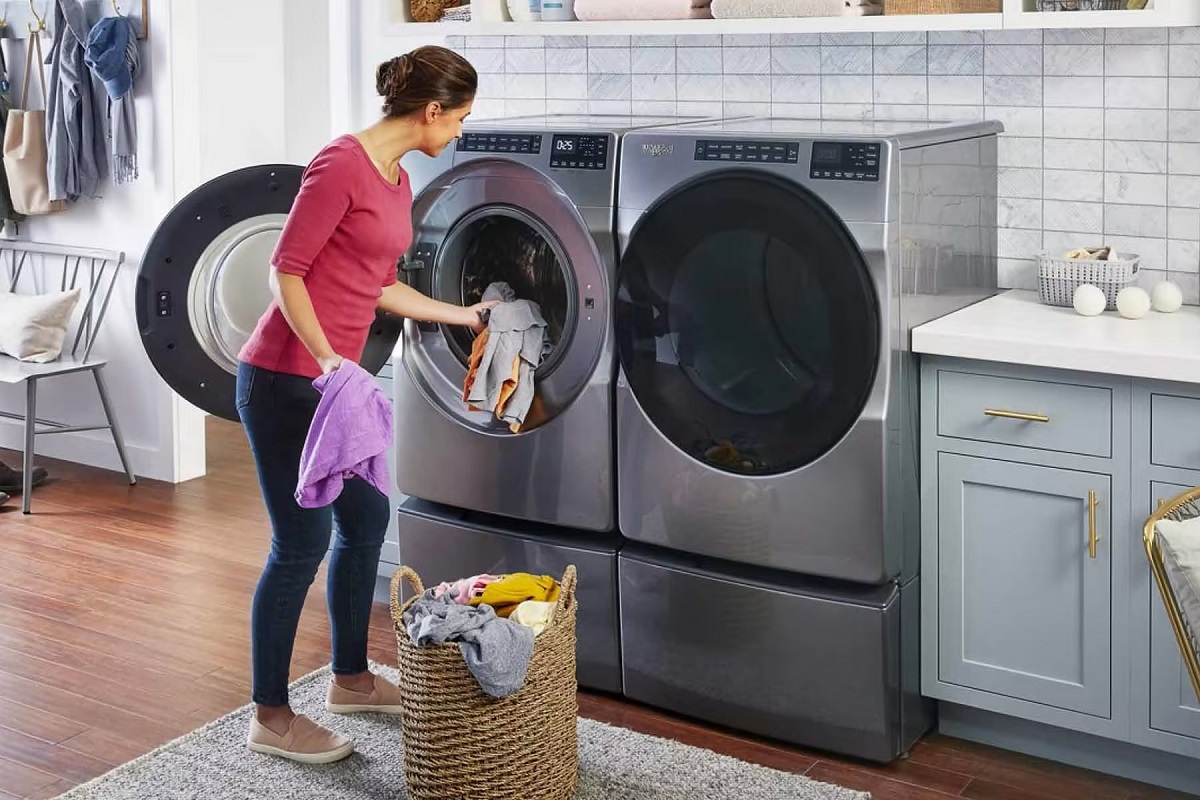
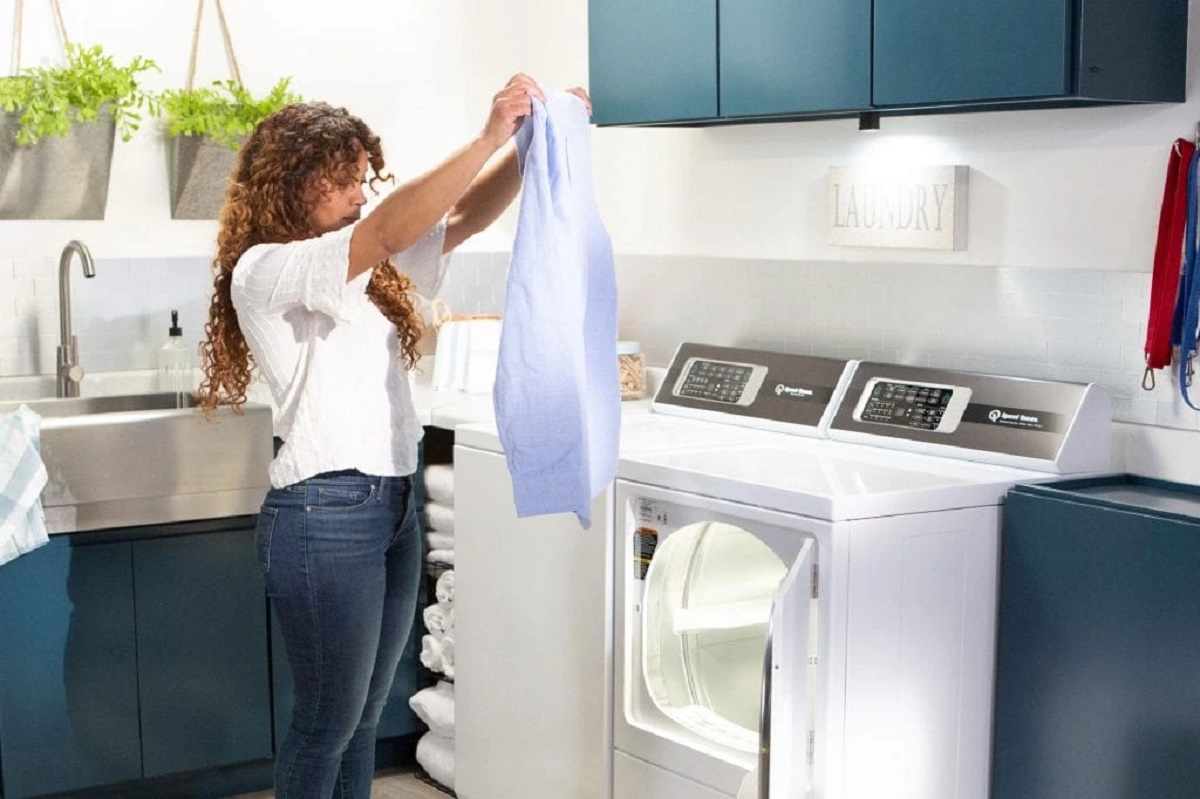
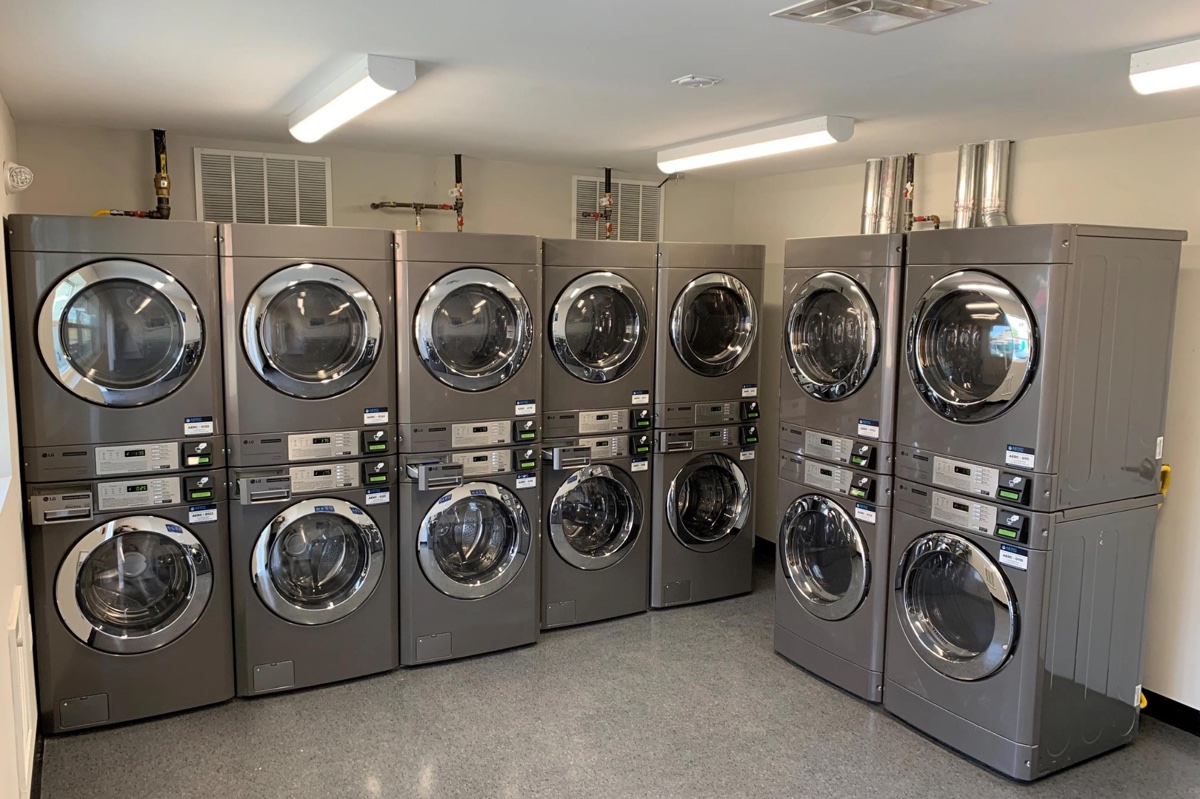
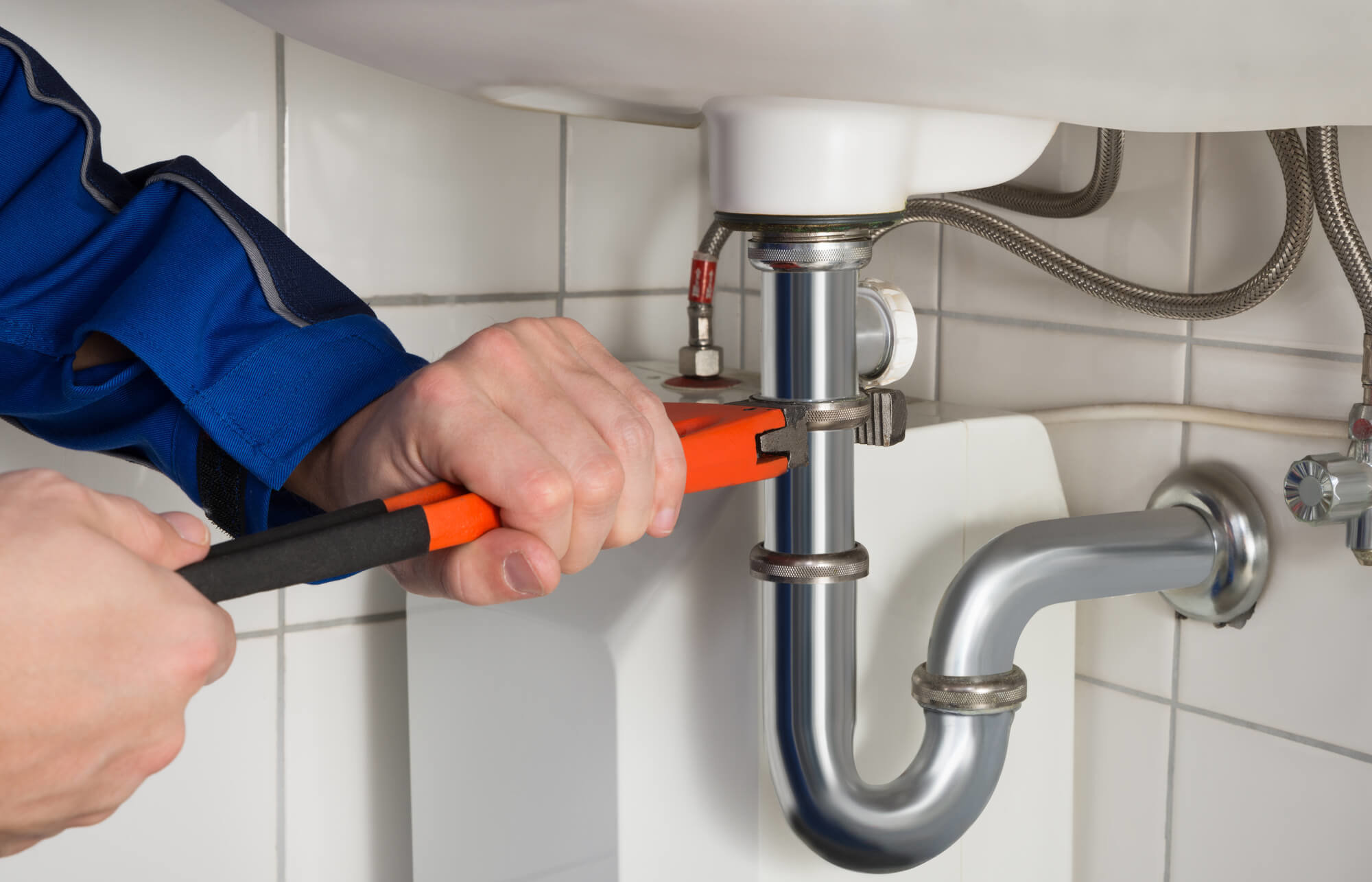
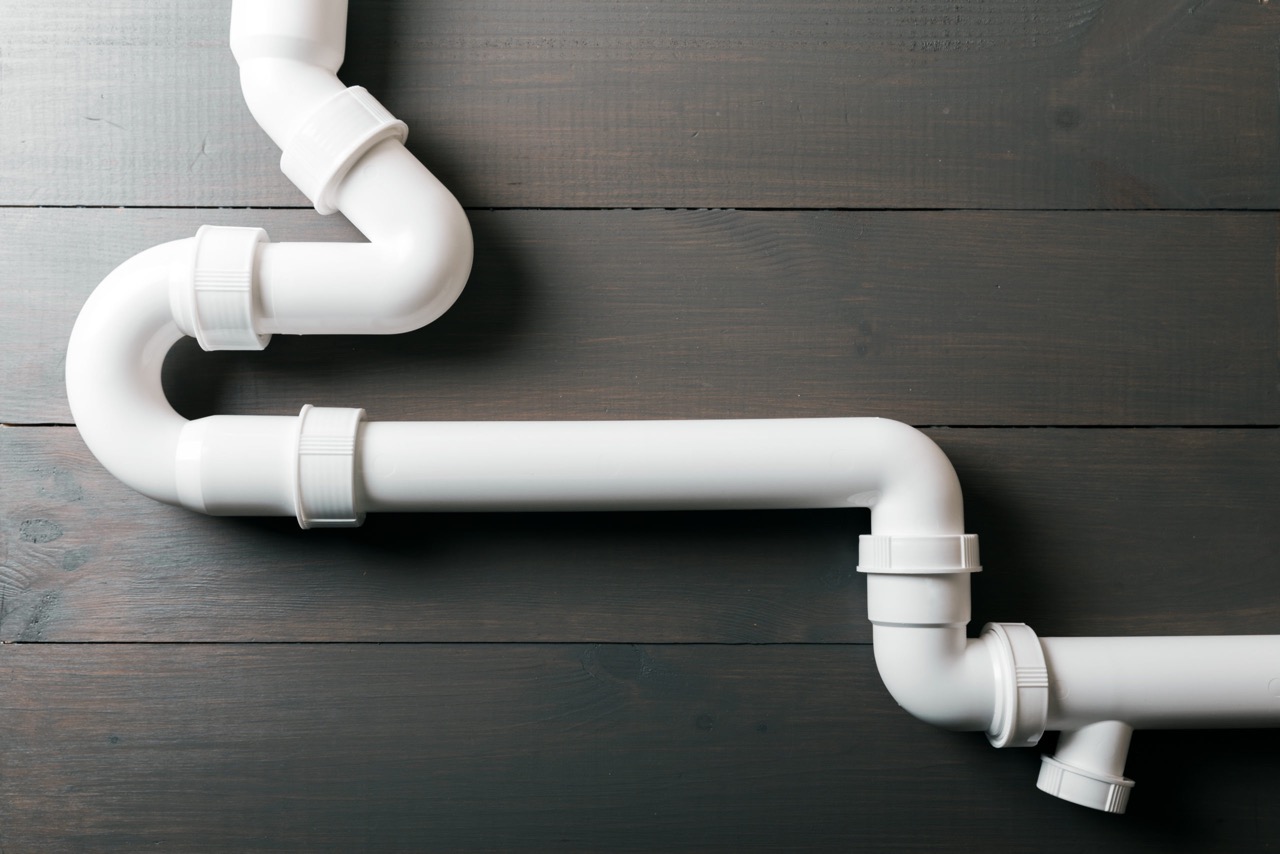
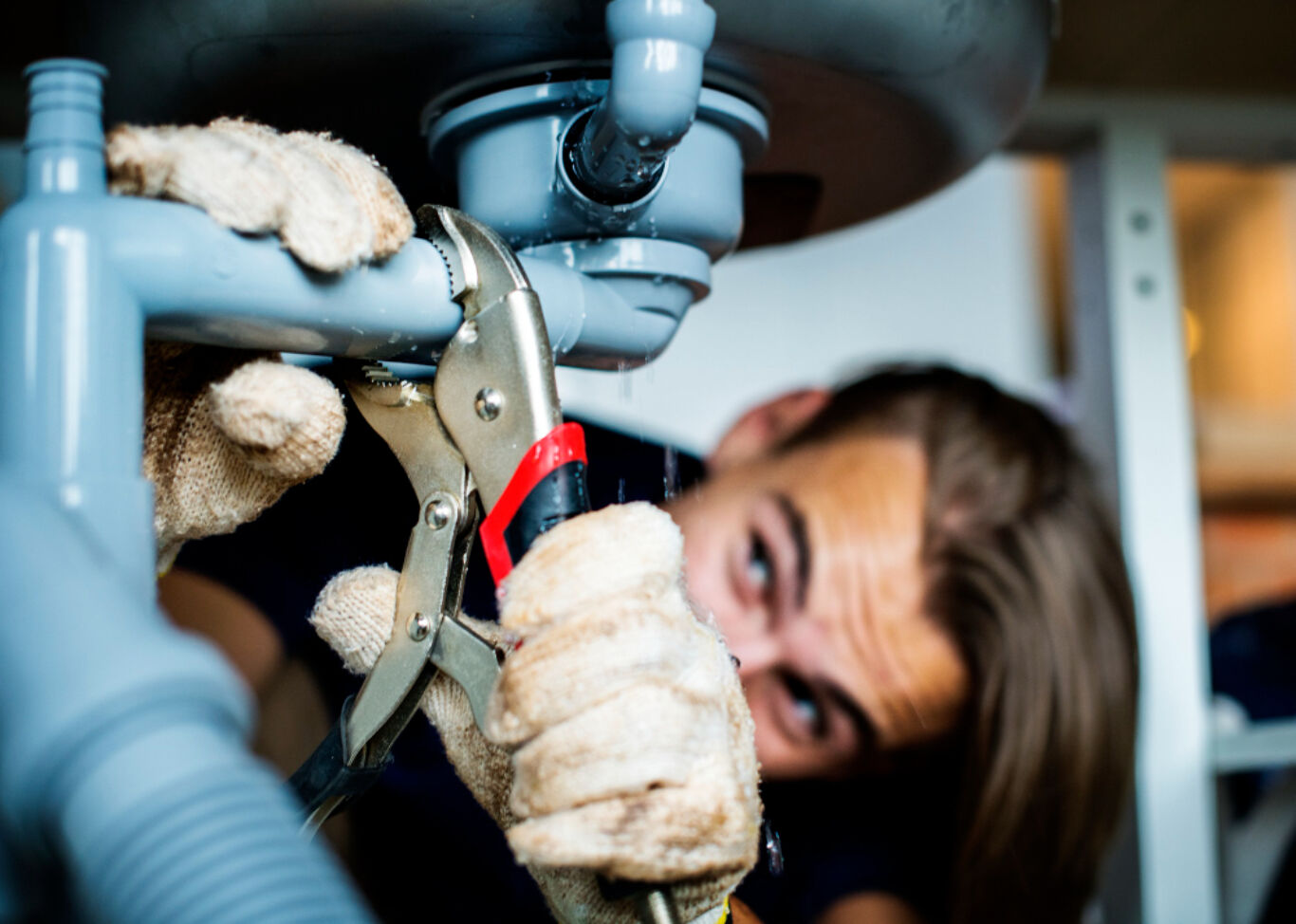
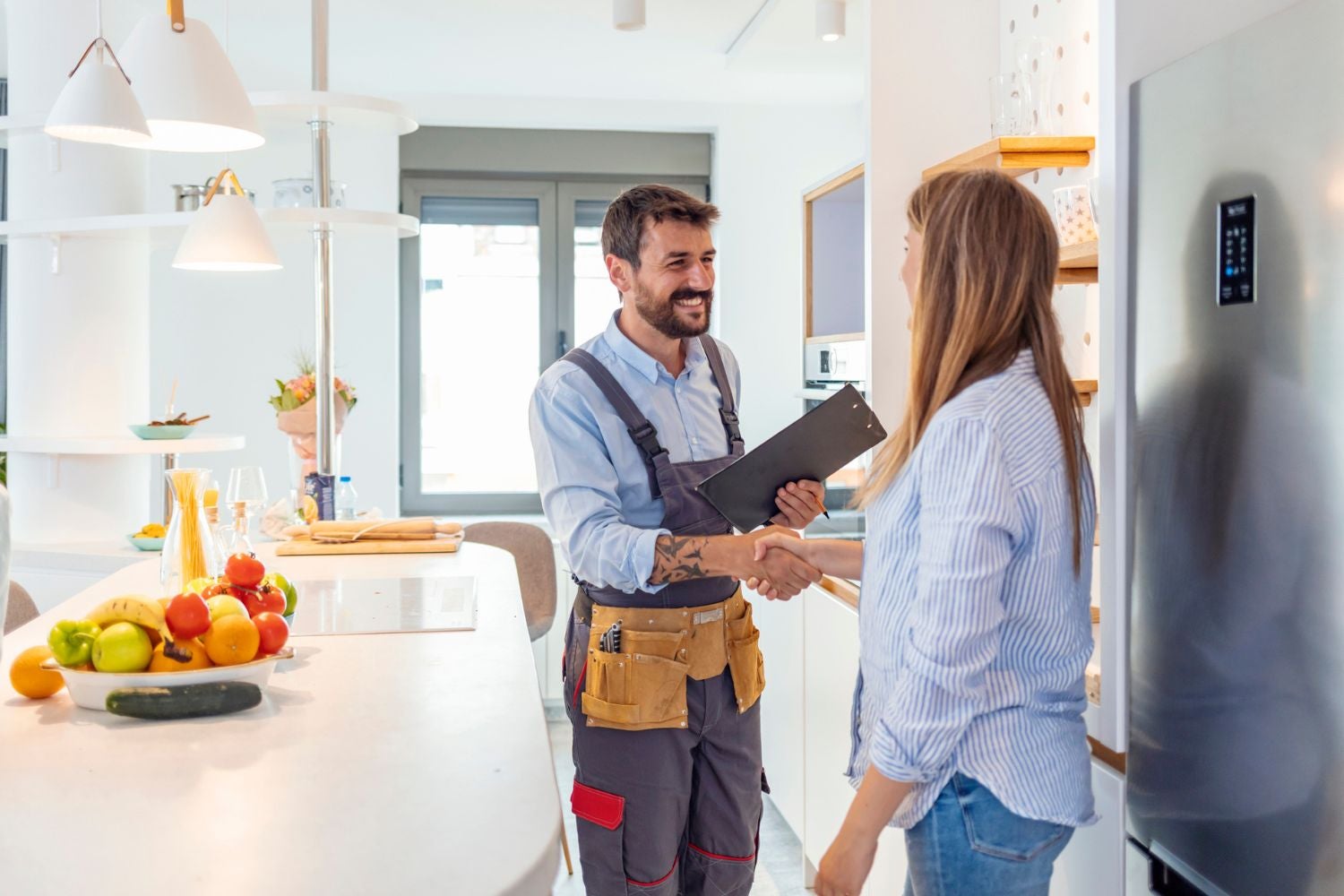
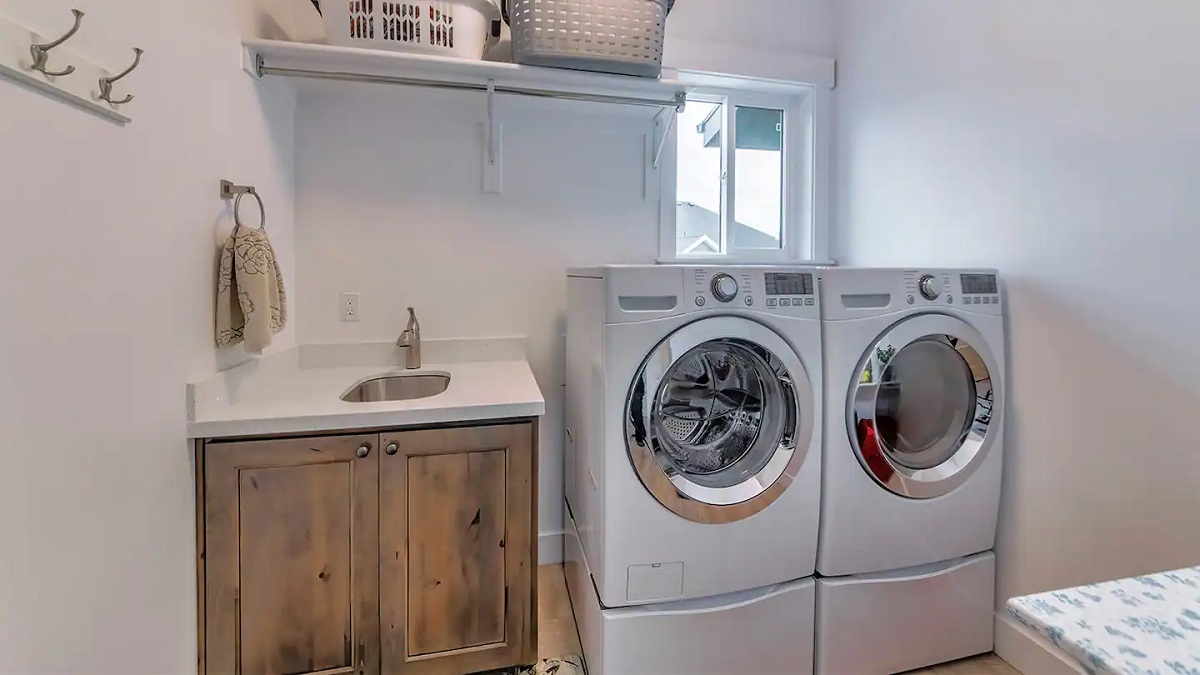
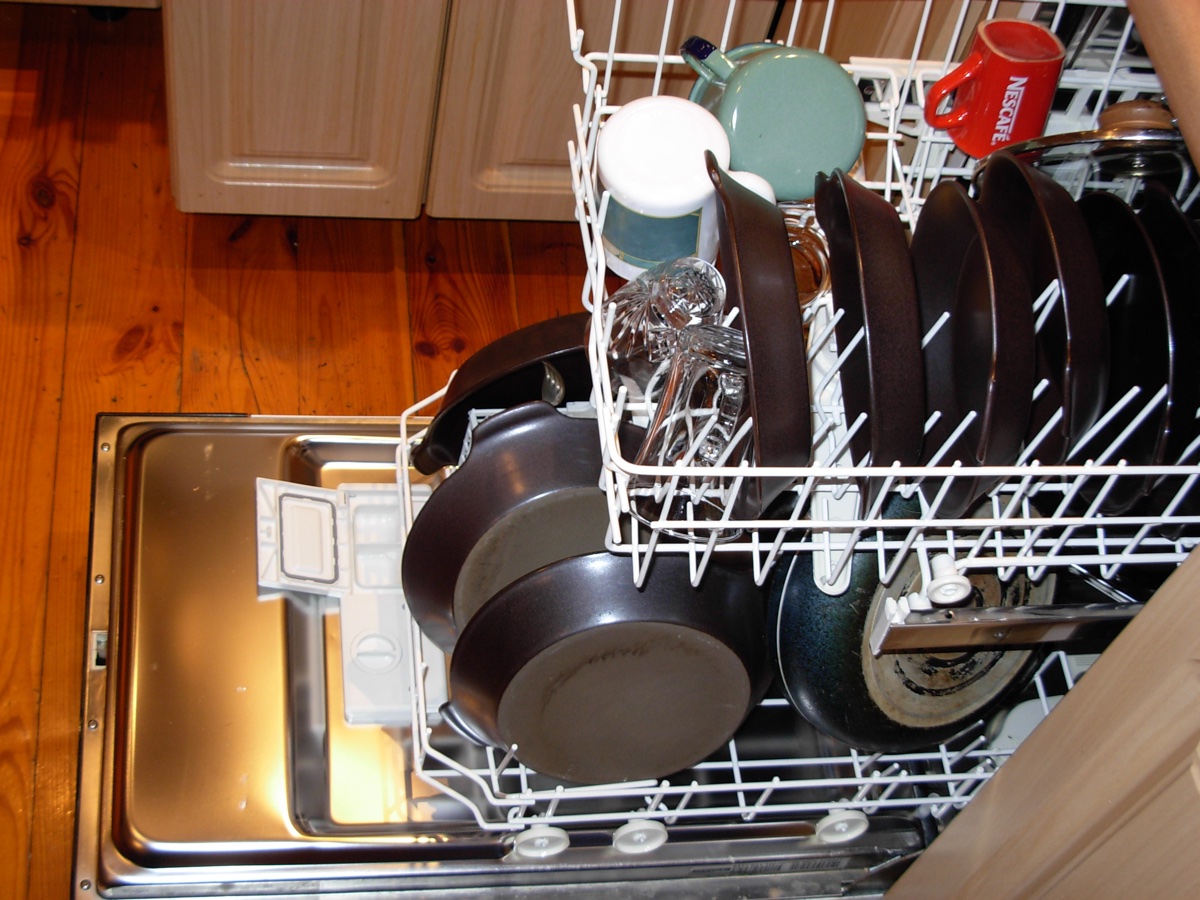
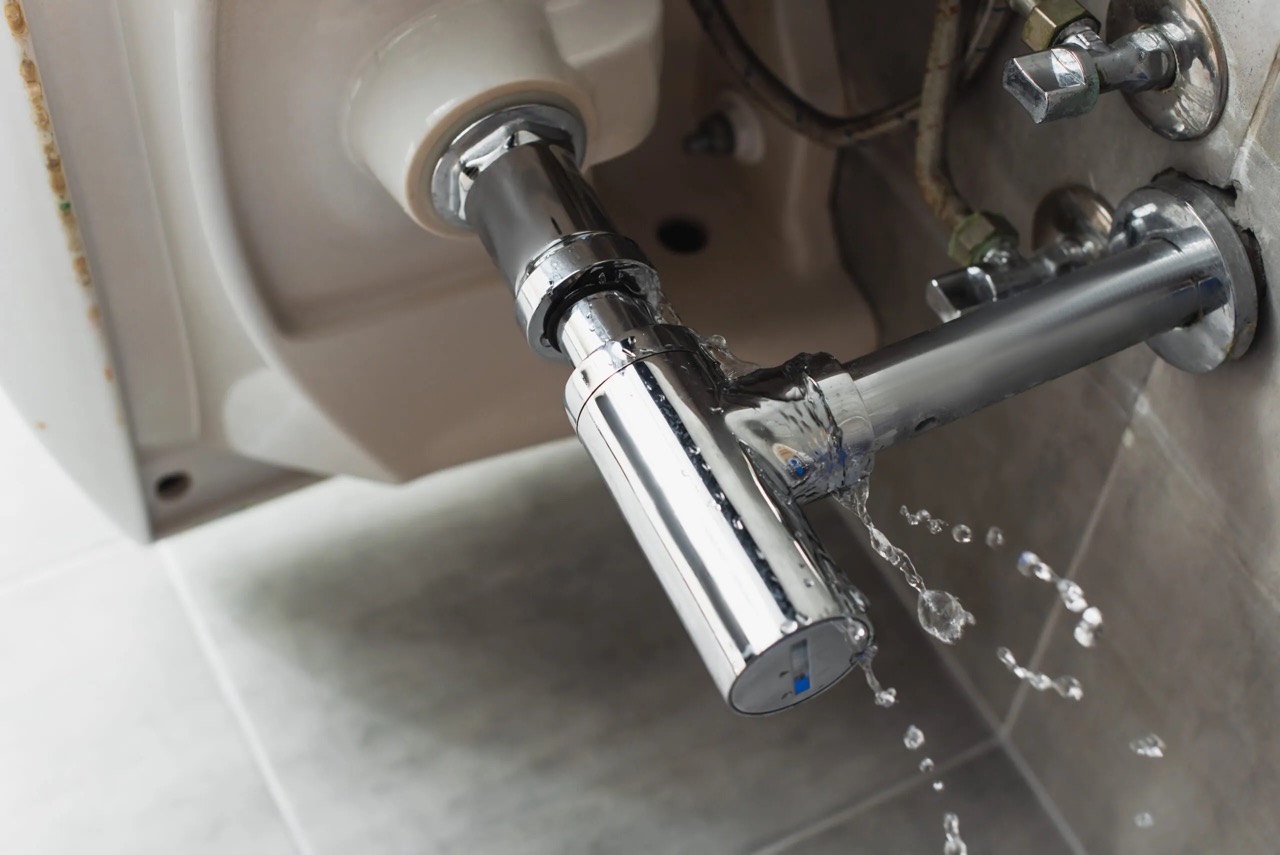
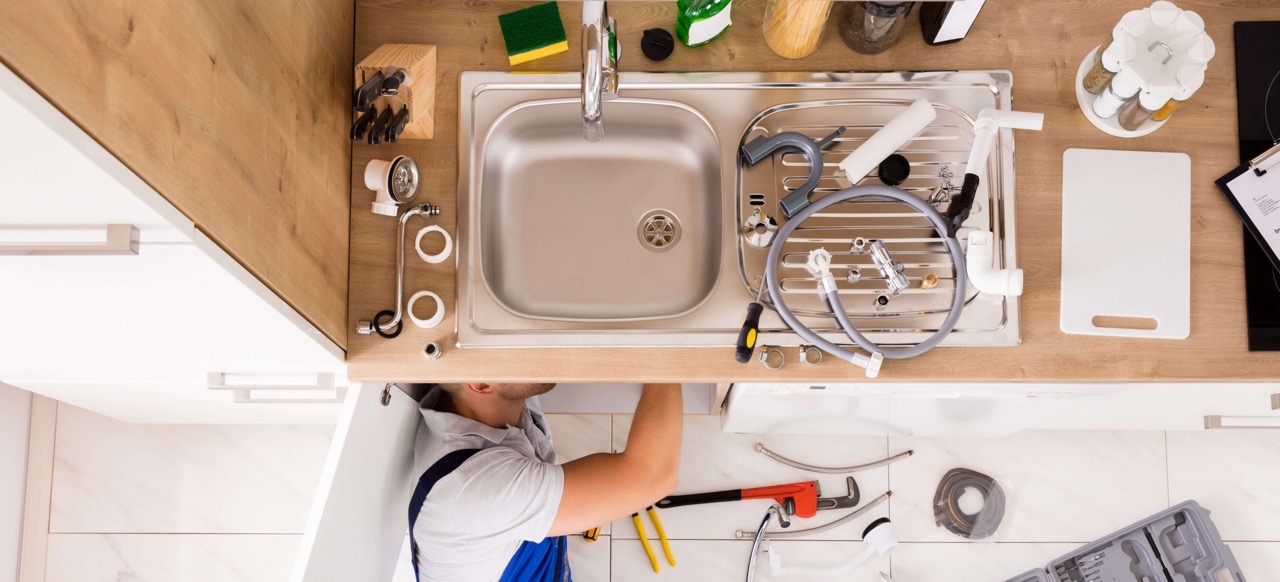
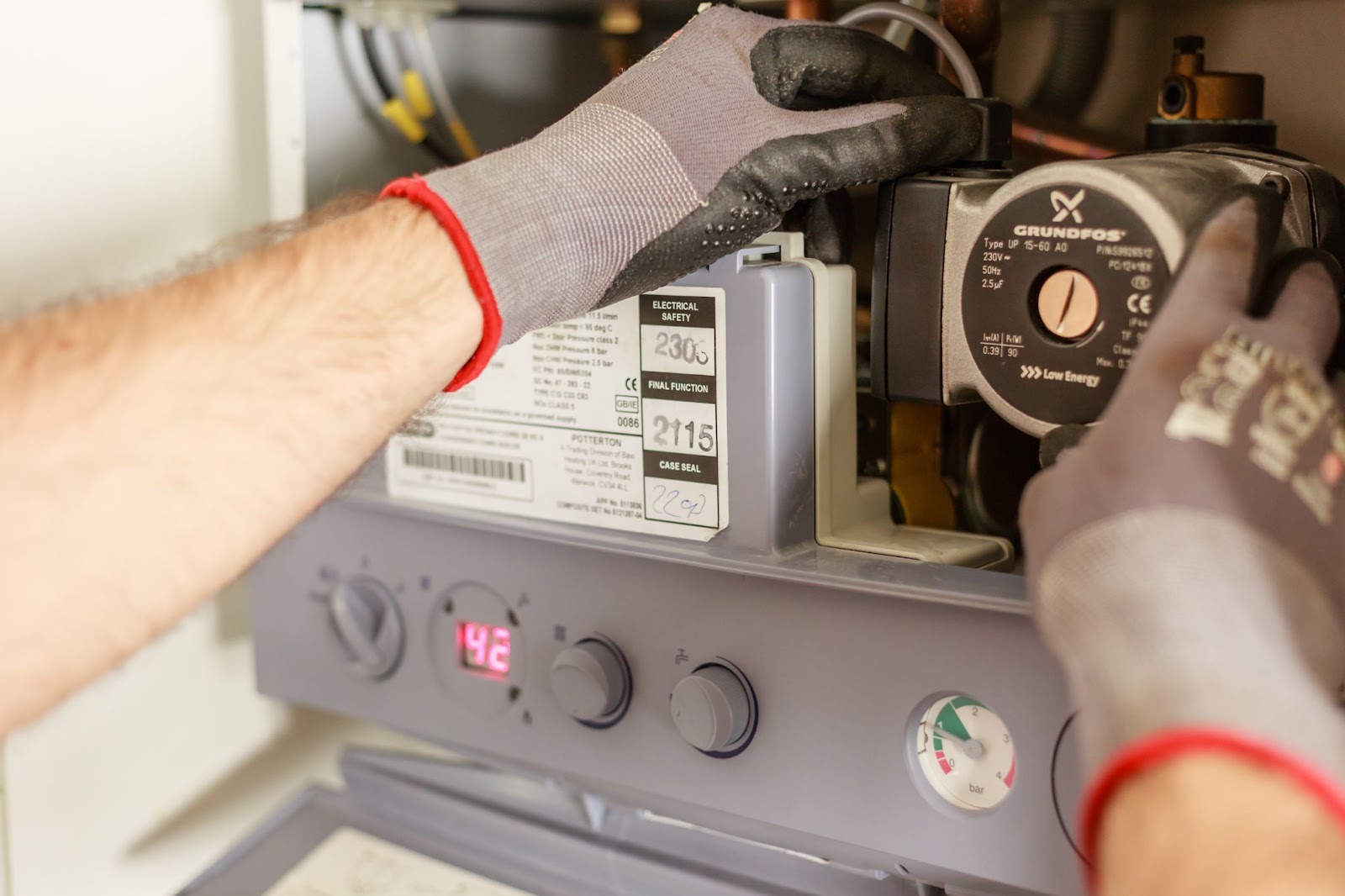
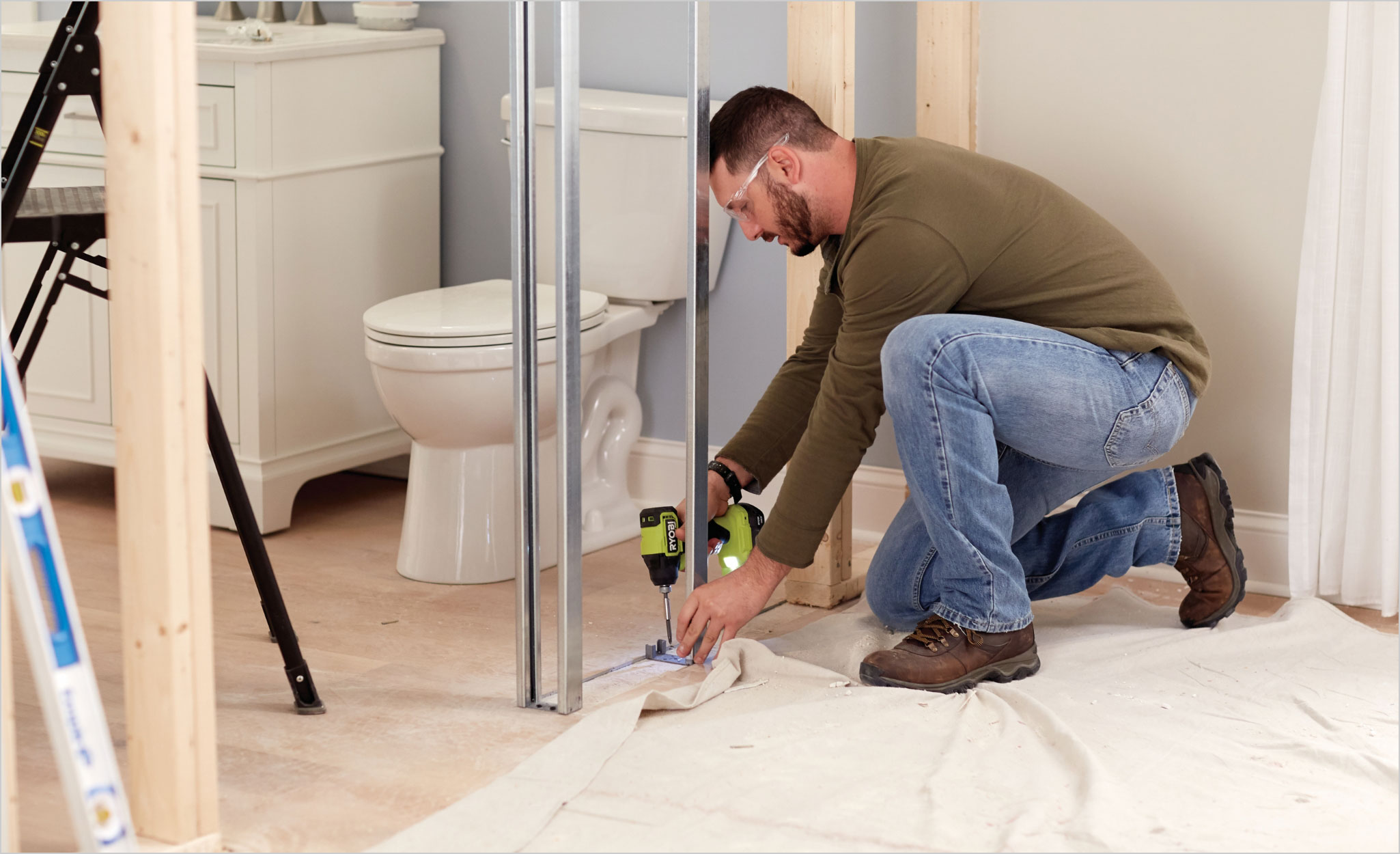
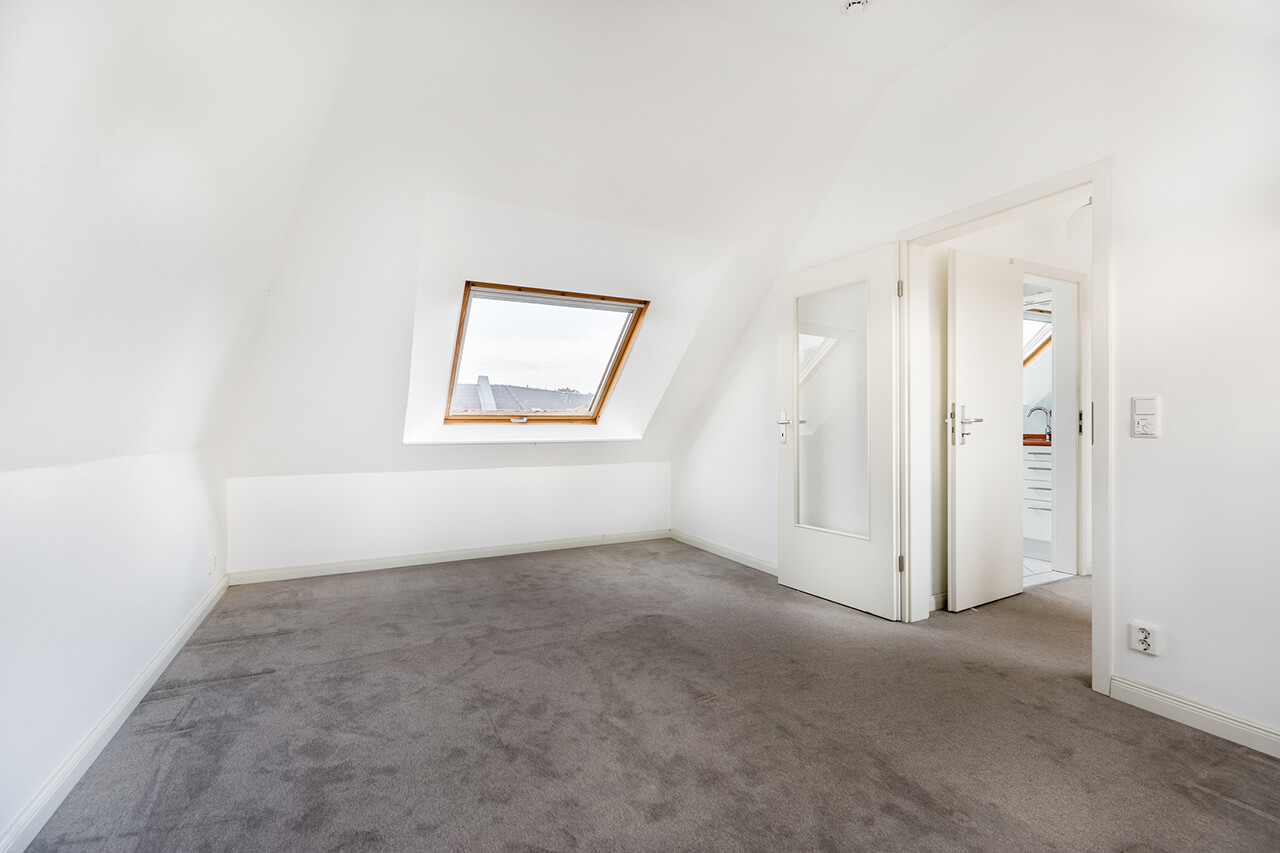

0 thoughts on “How Much Does It Cost To Install A Washing Machine Plumbing?”